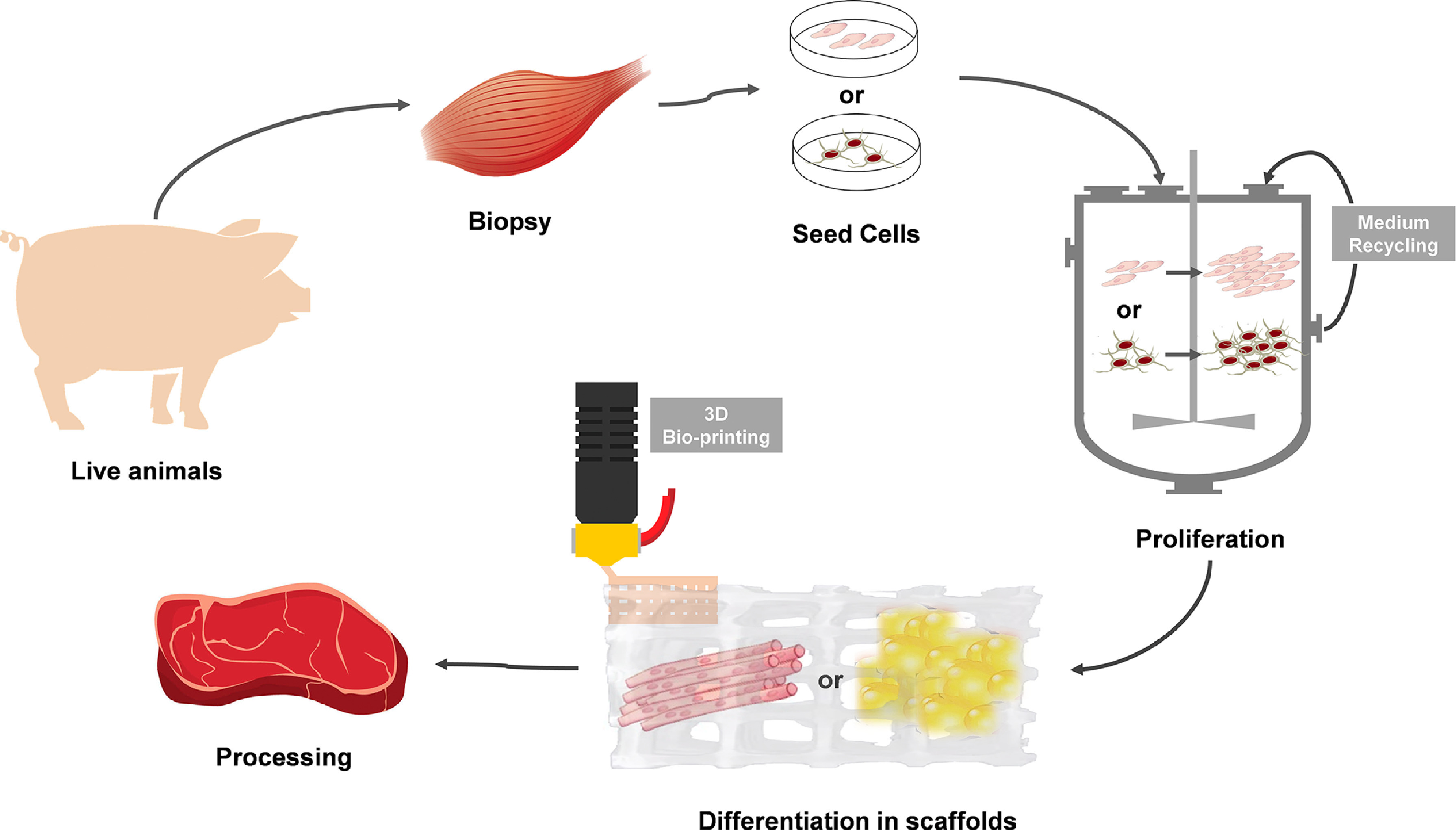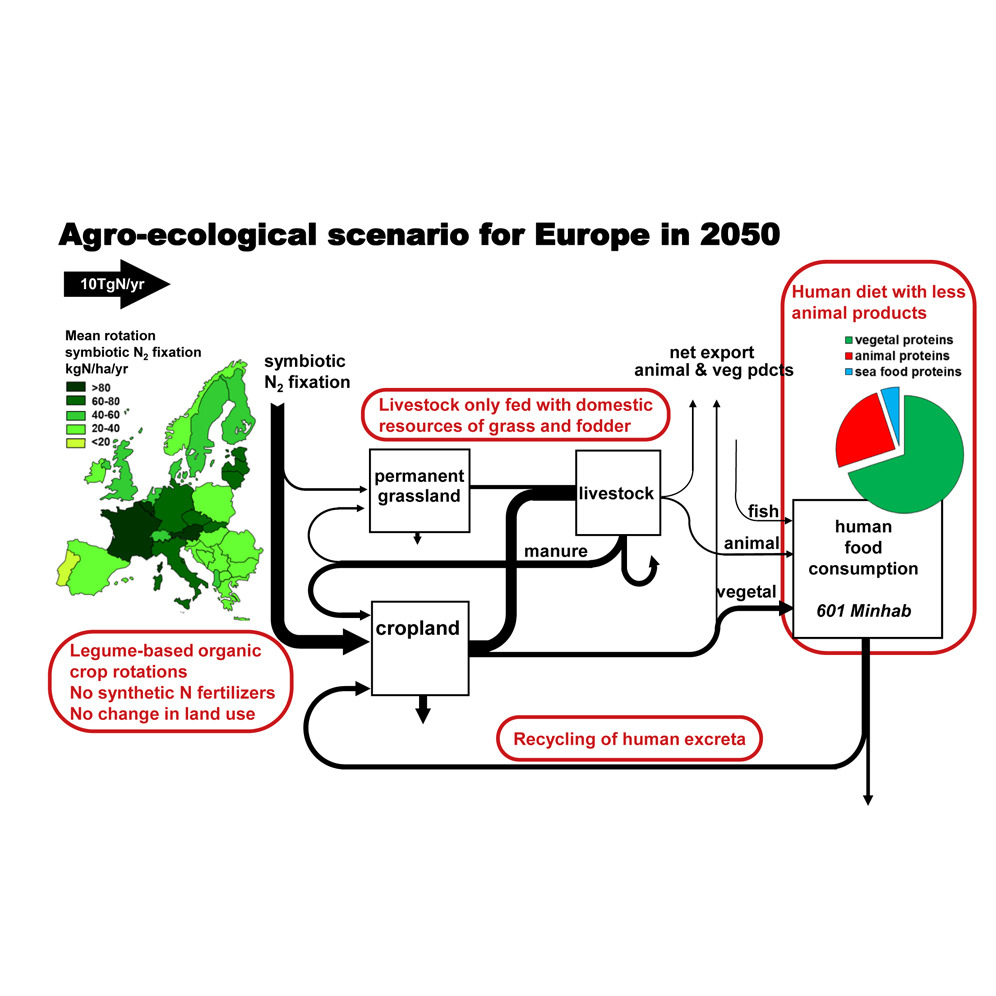Elsevier, Clinical Simulation in Nursing, Volume 55, June 2021
Background: Simulation-based experiences provide learning opportunities into the world of people living with dementia, however limited research into its effectiveness exists. Methods: A quasi-experimental design was used to examine the impact of the virtual dementia tour on empathetic thinking, understanding and person care. Study participants included carers and multi-health professionals (n = 223). Results: Empathetic understanding of symptoms, its impact on the provision of person-centred practice were all scored as neutral.
Elsevier, Heliyon, Volume 7, June 2021
Toxoplasma gondii (T. gondii) is one of the most pervasive neurotropic pathogens causing different lesions in a wide variety of mammals as intermediate hosts, including humans. It is estimated that one-third of the world population is infected with T. gondii; however, for a long time, there has been much interest in the examination of the possible role of this parasite in the development of mental disorders, such as Alzheimer's disease (AD). T.
Elsevier, The Lancet Planetary Health, Volume 5, June 2021
Background: Stunting rates in children younger than 5 years are among the most important health indicators globally. At the national level, malnutrition accounts for about 40% of under-5 deaths in Ghana. Disease risk mapping provides opportunities for disease surveillance and targeted interventions. We aimed to estimate and map under-5 stunting prevalence in Ghana, with the goal of identifying communities at higher risk where interventions and further research can be targeted. Methods: For this modelling study, we used data from the 2014 Ghana Demographic and Health Survey.
Elsevier, Future Foods, Volume 3, June 2021
As future foods, cultured meat is produced by culturing animal cells ex vivo rather than raising and slaughtering animals. It is a promising way to address concerns about resource consumption, environmental pollution, public healthy that associated with conventional livestock production. In the past two years, dozens of cultured meat-related start-ups have been founded and millions of dollars have been raised, demonstrating the high business enthusiasm, broad market prospects and high profitability expected.
Elsevier, One Earth, Volume 4, 18 June 2021
After World War II, the evolution of Europe's agro-food system has been marked by intensified use of synthetic fertilizers, territorial specialization, and integration in global food and feed markets. This evolution led to increased nitrogen (N) losses to aquatic environments and the atmosphere, which, despite increasing environmental regulations, continues to harm ecosystems and human well-being.
Elsevier, Bone, Volume 147, June 2021
Purpose: To investigate the monthly and seasonal variation in adult osteoporotic fragility fractures and the association with weather. Methods: 12-year observational study of a UK Fracture Liaison Service (outpatient secondary care setting). Database analyses of the records of adult outpatients aged 50 years and older with fragility fractures. Weather data were obtained from the UK's national Meteorological Office.
Elsevier, Current Opinion in Environmental Sustainability, Volume 50, June 2021
Droughts are extreme events that have major impacts on communities, ecosystems and economies due to slow onset and complex processes. Land and ecosystem degradation increase the risks of loss and damage during droughts, whereas well-adapted practices and policies can enable society to (re)build resilience. This review highlights actions needed to connect and fill gaps in the present systems for ecological and hydrological monitoring, governance, and alignment of economic incentives at regional, national and local scales.
Elsevier, Current Opinion in Environmental Sustainability, Volume 50, June 2021
Slow onset processes have been increasingly linked to human mobility in the global policy space. Yet, land and forest degradation and desertification (LFDD) as a driver of human displacement and its implications for long-term development policy have received less attention. This paper aims to fill this gap by investigating to what extent the topic has been integrated into the national climate and desertification policy frameworks of countries in Latin American and the Caribbean – a region threatened by significant LFDD.
Elsevier, Current Opinion in Environmental Sustainability, Volume 50, June 2021
The Warsaw International Mechanism for Loss and Damage has identified increasing temperatures as a key slow onset event. However, it is the resulting increases in short-term heat events — heatwaves — that have so far been the primary focus of risk assessment and policy, while gradual and sustained increases in temperature have received less attention. This is a global issue but particularly important in tropical and subtropical regions already chronically exposed to extreme heat.
Elsevier, Current Opinion in Environmental Sustainability, Volume 50, June 2021
Responding to climate change requires radical transformations in social, political, economic and social-ecological systems. Recent research has argued that individuals can drive transformations at scale through changes in beliefs and values that affect political activity. We draw from sociological and psychological perspectives on mental health outcomes among survivors of violence and abuse, taking a gendered approach, to show how potential for individual transformation is differentially constructed through personal life trajectories and intersectional social relations.


